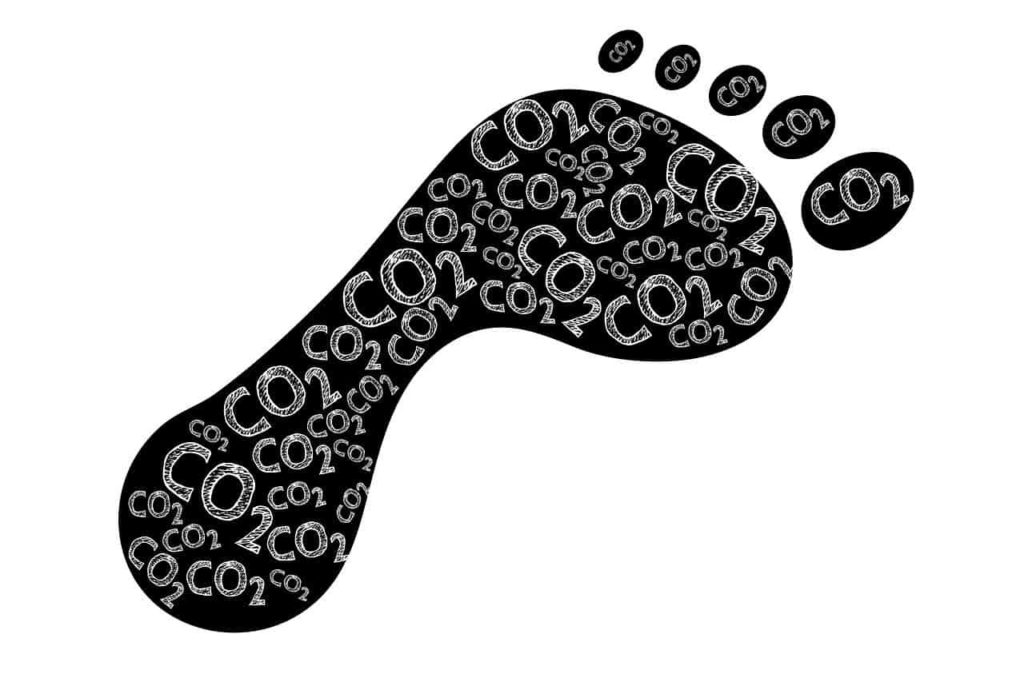
The biggest impact on an individual’s carbon footprint is the amount of energy they use in their daily life. This includes the energy used to power their home, the fuel used to power their car, and the energy used to produce the goods and services they consume. Additionally, the meat and dairy industry has a large carbon footprint due to the emissions produced by livestock and the energy required to produce and transport animal products.
There are several ways to reduce an individual’s carbon footprint. One of the most effective ways is to reduce energy use by making energy-efficient choices in the home, such as using LED light bulbs and Energy Star rated appliances. Additionally, reducing meat and dairy consumption or switching to plant-based alternatives can also have a significant impact.
Transportation is also a major contributor to an individual’s carbon footprint. Walking, biking, and taking public transportation are all more environmentally friendly options than driving a car. Furthermore, choosing a fuel-efficient vehicle or an electric vehicle can also make a big difference.
Another way to reduce one’s carbon footprint is to be mindful of the products they buy and the companies they support. Choosing products made from sustainable materials, such as organic cotton and bamboo, and supporting companies that have environmentally friendly business practices can help reduce the overall carbon footprint of the goods and services an individual consumes.
Individual actions can only do so much, however, larger scale changes are needed to truly tackle the issue of climate change. This includes transitioning to renewable energy sources and implementing carbon pricing policies. Governments and businesses also have a crucial role to play in reducing their carbon footprint and investing in sustainable practices.
In conclusion, reducing energy consumption, transportation emissions, and consumption of meat and dairy, as well as supporting sustainable products and companies, are all effective ways to reduce an individual’s carbon footprint. However, larger scale changes such as transitioning to renewable energy sources and implementing carbon pricing policies are also necessary to combat climate change. It is important for individuals, governments, and businesses to take action and make sustainable choices to help reduce the overall carbon footprint and mitigate the effects of climate change.